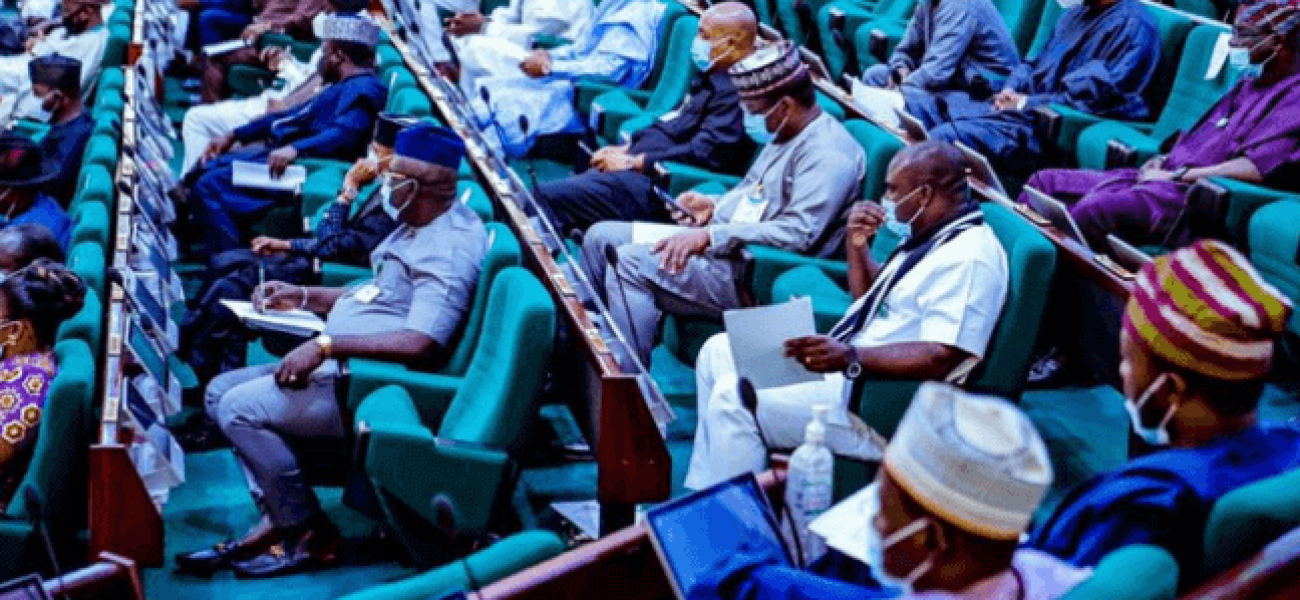In one fell swoop and after counting of the votes, the Nigerian National Assembly at its plenary sessions on Tuesday, 1st March 2022, voted to reject five bills seeking to improve participation of women in governance in the country. Voting on 68 bills covering a range of matters, the National Assembly failed to vote in support of five key bills that would have improved women’s rights, created more legislative seats and increased participation of women in the governance of Nigeria. The most far-reaching of these bills being the Specific seats for women in the Federal and State Legislative Houses, which could have been the signature amendment of the 9th Assembly’s legislative achievement. Another failed bill was the bill to provide 35% affirmative action for women in political party administration, which failed in both houses, including an amendment in the House of Representatives to 15%. Others include the bill to expand the scope of citizenship by registration, to extend citizenship to foreign spouses of Nigerian women and the bill on State indigeneship rights, which were approved in the Senate but failed in the House of Representatives. Also, a bill for reserved quota for women in Executive cabinet positions (ministers and commissioners) was approved in the House of Representatives by voice votes but failed in the Senate.
This turn of events at the National Assembly highlights the lack of political will to address gender issues in Nigeria, particularly the low political representation of women. This is in spite of several declarations to take specific action to improve women’s political participation, including the National Assembly promising in its Legislative Agenda, to make inclusion a priority. Nigeria is still far from achieving women’s substantial and effective participation in political decision-making, especially in the Legislature. Nigeria currently sits at the bottom of every global ranking on women inclusion.
The Senate and House of Representatives however passed some other crucial Constitution Alteration bills that will engender national development if assented to. Several of these bills include bills recognising the Local Government as a tier of government with financial autonomy, the bill to create uniform retirement age and pension rights for judicial officers of superior courts of record, the bill for independent candidacy in all elective positions in the country, the bill to separate the Office of the Attorney-General of the Federation/ State from the Minster/Commissioner for Justice of the Federation/State, the bill to separate the Office of the Accountant General of Federation from Office of the Accountant General of the Federal Government, the bill to empower the National Assembly or State House of Assembly to summon the President or Governor on issues that the National or State Assembly has power to legislate on. Some others include the bill to provide for free and compulsory basic education and the bills moving railway and airport from the Exclusive legislative list to the Concurrent legislative list.
Click the link to see how the National Assembly voted on the fifth Constitution Alteration

